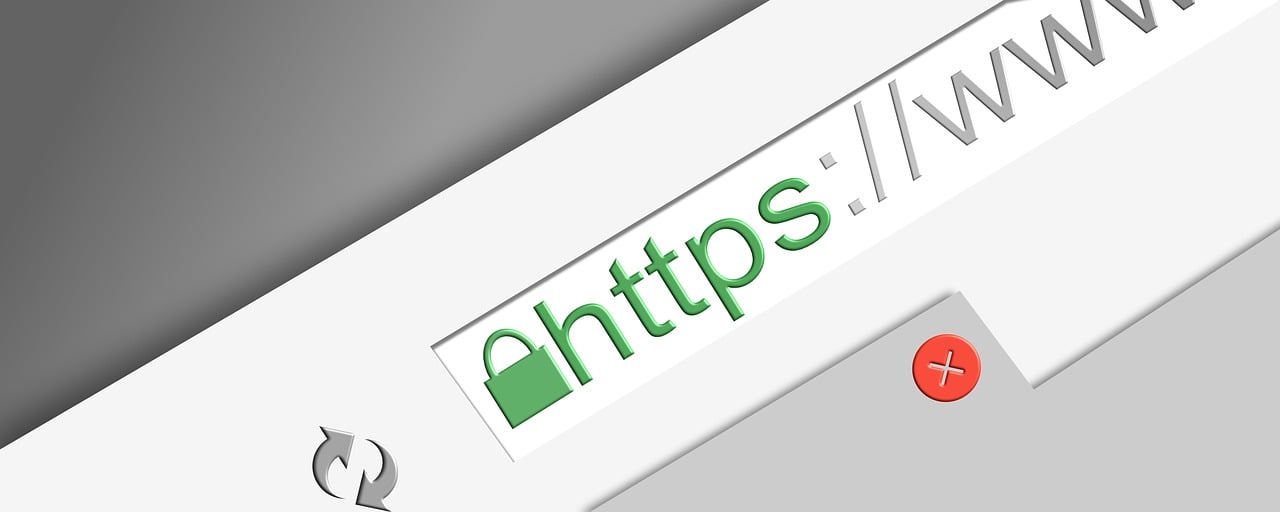
22
Introduction to SSL Certificates
SSL is the essential foundation for a secure Internet, protecting sensitive information as it travels across the world's computer networks
Welcome back to our website, Facileex. You may have noticed the SSL checker among our tools, but do you know what an SSL certificate is?
SSL certificates have become crucial for websites today, no longer limited to major sites as before. Websites that do not use this certificate are deemed suspicious and do not earn user trust, leading to a lack of return visitors. Additionally, browsers indicate to users that the site is not secure, which certainly causes users to leave the site quickly.
What is an SSL Certificate?
SSL stands for Secure Socket Layer. This technology encrypts the data exchanged between the website's server and the user browsing the site, making it impossible for any hacker to intercept data sent either from the user to the server or from the server to the user. SSL is the essential foundation for a secure Internet, protecting sensitive information as it travels across the world's computer networks. Therefore, an SSL certificate is necessary to safeguard your website, even if you do not handle sensitive information like credit cards. It provides privacy, security, and data integrity for both your websites and users' personal information.
Why Install an SSL Certificate?
In the past, SSL certificates were not very important and were only considered by large commercial sites. However, they have now become an essential part of any website. Here are the main benefits of SSL certificates:
Protecting Data from Theft
SSL technology provides a means to protect data transmitted between the browser and the website's server. When using this technology, data is encrypted and thus remains protected from hacking attempts.
Improving Website Performance
Switching a website from HTTP to HTTPS can improve performance by 50%. Additionally, search engines like Google now consider this in their search rankings.
Enhancing Search Engine Visibility
Since 2014, Google has used HTTPS as a factor in search result rankings. As a result, many website owners have installed SSL certificates to avoid being penalized and ensure their site appears in search results, especially since most site visitors come from search engines, primarily Google.
Gaining User Trust
Beyond the importance of SSL certificates in encrypting data, they also play a crucial role in building trust between the user and the website. Many users avoid using sites that do not display the padlock symbol.
Types of SSL Certificates
There are three main types of SSL certificates:
- Domain Validated (DV) :This type only confirms the ownership of the website's domain but does not verify the identity of the company or organization owning the website. This certificate is the cheapest and most commonly used among most websites and blogs.
- Organization Validated (OV): This type verifies the identity of the company owning the website and provides greater security for the site.
- Extended Validation (EV) : This type is the most secure among most SSL certificates. It activates the green bar in browsers and shows the company's name in the browser's address bar.
- Wildcard SSL Certificate :This type allows for securing both the main domain and all subdomains at once.
How to Install an SSL Certificate
Some hosting service providers offer SSL certificate installation services for websites, but not all do. You can also install the certificate yourself through the website's control panel. There are tutorials on YouTube that explain how to install it effectively, as each website has its method depending on the hosting and control panel.
Contact
Missing something?
Feel free to request missing tools or give some feedback using our contact form.
Contact Us